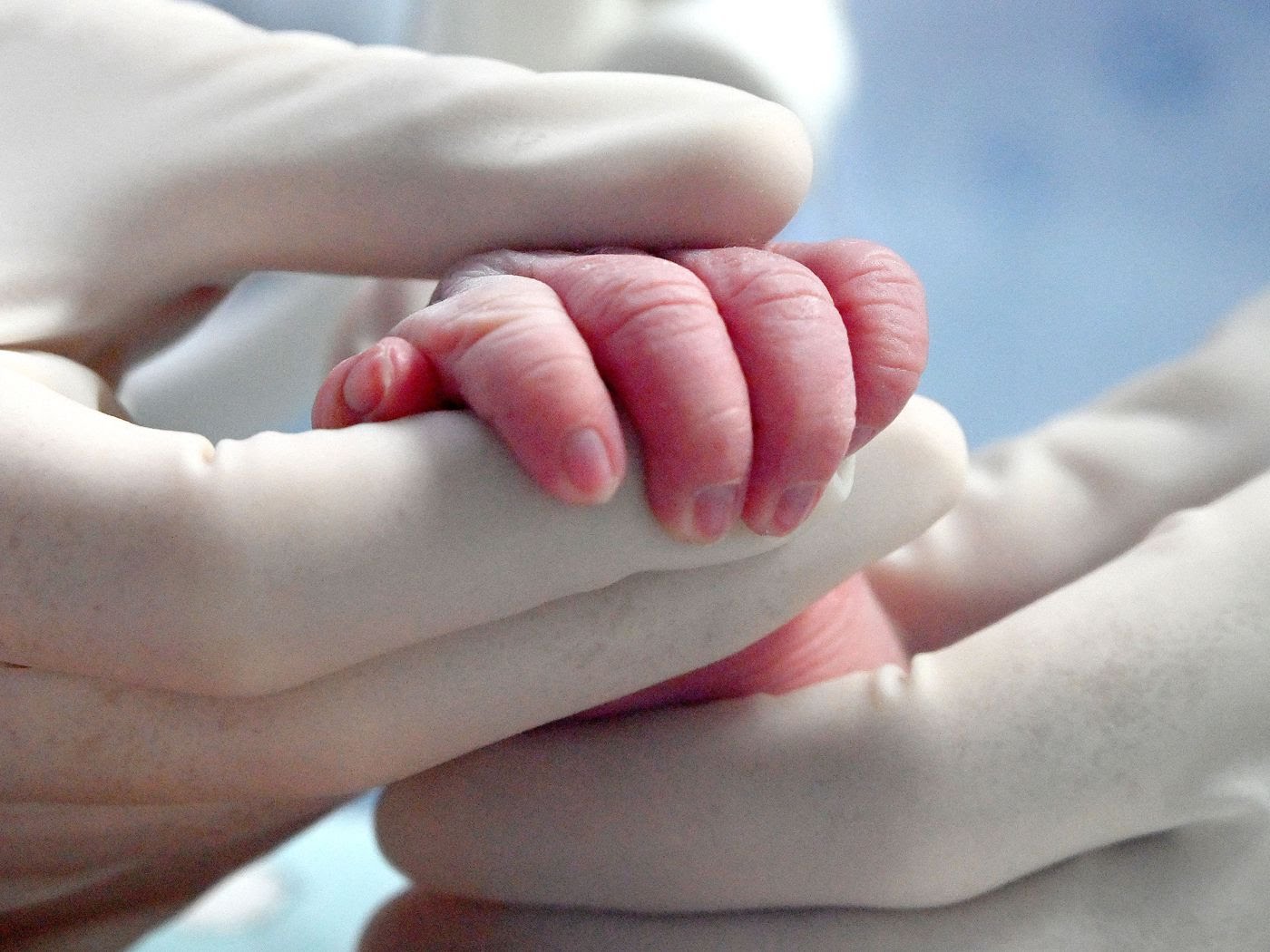
Russia may soon see the creation of a “ministry of sex” as part of efforts to address its declining birth rate. Nina Ostanina, a staunch ally of President Vladimir Putin and chairperson of the Russian parliament’s Committee on Family Protection, Paternity, Maternity, and Childhood, is reviewing a petition advocating for such a ministry.
This initiative aligns with Putin’s directive to reverse Russia’s demographic decline, a pressing issue that has prompted a series of unconventional proposals from government officials, according to reports from Western media.
Unusual Proposals to Boost Population

Russian authorities have suggested a range of strategies to encourage population growth. One proposal urged citizens to disconnect from the internet and turn off their lights between 10 p.m. and 2 a.m. to focus on procreation.
Another idea involves compensating stay-at-home mothers for their domestic labor and incorporating it into their pension benefits. Additionally, a plan was floated to offer couples up to 5,000 roubles ($51) to cover expenses for their first dates.
Other proposals include using public funds to pay for hotel stays on couples’ wedding nights, with a budget cap of 26,300 roubles ($269), to promote conception.
Regional Incentives
Various Russian regions have introduced their own measures to encourage childbirth. In the Khabarovsk region, female students aged 18 to 23 are being offered £900 ($1,162) upon the birth of a child. Similarly, in Chelyabinsk, students receive £8,500 ($10,979) for their first child.
Dr. Yevgeny Shestopalov, a regional health minister, has even suggested incorporating procreation into workplace routines, encouraging couples to use their lunch and coffee breaks for intimate activities. “You can engage in procreation during breaks, because life flies by too quickly,” he remarked.
Growing State Intrusion
In Moscow, the state’s involvement in citizens’ private lives has raised concerns. Female public sector workers reportedly face intrusive questions about their sexual activity and menstrual cycles. Those who decline to provide such information are being pressured to visit doctors.
The proposed ministry of sex would oversee various initiatives aimed at increasing birth rates, as outlined in a petition submitted by the GlavPR agency. While some view these measures as innovative, others see them as an overreach into personal freedoms.



